
Table of Contents
First, How to Fight Viruses Effectively
- Airborne Transmission: Breathing in respiratory droplets from an infected person’s cough or sneeze.
- Direct Contact: Touching or shaking hands with an infected person.
- Surface Transmission: Touching contaminated surfaces and then touching your face.
Understanding these modes of transmission can help individuals take proactive measures to reduce their risk of infection and effectively fight viruses with the right strategies to combat them.
Handling Specific Viruses
Flu: Symptoms and Treatment
The flu, caused by the influenza virus, is characterized by symptoms like fever, chills, body aches, and fatigue. It spreads easily through respiratory droplets and can lead to severe complications, especially in vulnerable populations.
By understanding how to fight viruses, individuals can take proactive measures to protect themselves.
Besides treatment that includes rest, hydration, and over-the-counter medications to relieve symptoms, natural antiviral supplements are effective and may be recommended both as a preventive and/or treatment protocol. See our special package for viruses.
Best Supplements to Fight Any Viruses:
Vitamin A
Vitamin A plays an essential role in maintaining a healthy immune system. It helps regulate the immune response and supports the integrity of skin and mucosal cells, which serve as barriers against pathogens. Foods rich in Vitamin A include carrots, sweet potatoes, and spinach, making it easy to incorporate into your diet. Supplementing with Vitamin A, particularly in times of heightened susceptibility to infections, may bolster your body’s defenses.
Selenium
Selenium is another essential nutrient that plays a crucial role in immune function. This trace mineral helps to enhance the action of antioxidant enzymes, which combat oxidative stress caused by free radicals. Foods rich in selenium include Brazil nuts, seafood, and grains.
Glutathione
Glutathione, often dubbed the master antioxidant, is critical for immune system function. It helps to detoxify harmful substances and protect cells from oxidative stress. Our bodies produce glutathione naturally, but its levels can be depleted due to illness, poor nutrition, or environmental toxins. Eating foods rich in sulfur, like garlic and onions, can help boost glutathione levels. Supplementing may be beneficial, particularly for those with chronic illnesses or weakened immune systems.
Vitamin C
Vitamin C is a cofactor of many enzymes and is also an antioxidant. The highest levels of vitamin C are found in the brain and the adrenal glands.
Vitamin D3
Along with many functions it is important for immune function and infectious diseases.
B-Complex
Vitamin B plays an important role in maintaining the health of your blood cells, brain, heart, immune system, and metabolism. It is often used to improve energy and boost mood.
Zinc
Zinc is essential for the proper functioning of the immune system. It supports the production and activation of immune cells, helping the body fight infections and diseases.
NAC (N-Acetyl Cysteine)
Commonly used for cough and other lung conditions, like the flu.
Quercetin
Quercetin belongs to a group of antioxidants called flavonoids . They scavenge particles in the body known as free radicals which damage cell membranes, tamper with DNA, and even cause cell death. Use with Vitamin C.
L-Lysine Orotate
L-Lysine has a significant role in helping the body absorb and conserve calcium; it is one of eight essential amino acids and may benefit people who have recurrent infections caused by the herpes simplex virus. It also helps to lower anxiety as well as other benefits.
Silver
Can be used to improve your immune system and fight bacteria and viruses.
Preventative Measures Against Common Viruses
Staying Hydrated
Hydration is often overlooked but is fundamental to overall health and immune function. Water helps to transport nutrients, regulate body temperature, and support metabolic processes. Staying adequately hydrated can enhance your immune response and help flush out toxins.
It’s recommended to drink at least eight glasses of water a day, but individual needs may vary based on activity level, climate, and overall health. Incorporating hydrating foods, such as fruits and vegetables, can also contribute to your daily water intake.
Nutrition
Nutrition plays a crucial role in maintaining a robust immune system. A balanced diet rich in fruits, vegetables, whole grains, and lean proteins provides the vitamins and minerals necessary for optimal immune function. Nutrients like Vitamin C, Zinc, and Omega-3 fatty acids are particularly important.
Regular Exercise and Its Benefits
Exercise is not only beneficial for physical health but also plays a significant role in bolstering the immune system. Regular physical activity stimulates circulation, which helps immune cells to move freely throughout the body. It can also reduce levels of stress hormones, which can suppress immune function.
Conclusion
Maintaining a healthy lifestyle is crucial to fight viruses and support your overall well-being. By focusing on nutrition, hydration, exercise, and supplementation, you can fortify your immune system and enhance your resilience against infectious diseases.
FAQs
What are the symptoms of the new flu virus?
Common symptoms of a viral infection include fever, fatigue, body aches, cough, and sore throat. If symptoms are severe or persist, consult your healthcare professional for a proper diagnosis.
How long does flu virus last?
Flu symptoms typically last around 1-2 weeks.
What are the most effective ways to prevent viruses?
The most effective ways to prevent viruses include pre and post supplements, regular hand washing, staying hydrated, and maintaining a balanced diet rich in immune-boosting nutrients.
What should I do if I catch a virus?
If you catch a virus, prioritize supplements, rest, hydration, and monitoring your symptoms. Over-the-counter medications may help relieve symptoms, but consult a healthcare professional if symptoms worsen, as it may turn into a bacterial infection with the need of an antibiotic.
Are supplements necessary for a healthy immune system?
Yes, while a well-balanced diet can usually provide adequate nutrients, supplements can be beneficial for individuals with specific deficiencies or heightened needs, especially during cold and flu season.
Is exercise good for the immune system?
Yes, regular exercise strengthens the immune system by promoting good circulation and reducing stress levels, which can enhance your body’s ability to fight infections.
Products
At Home Tests
-
←→
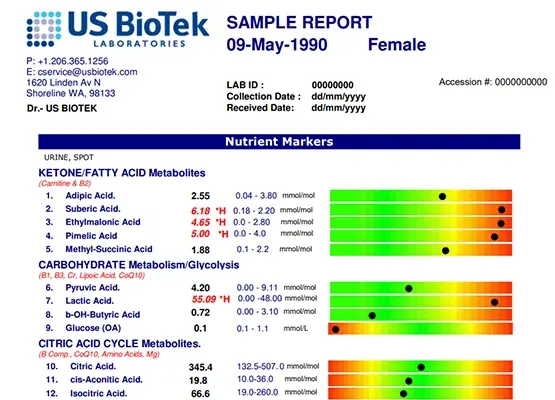
US BioTek Organic Acids Profile Environmental Pollutants Profile
$189.00A unique biochemistry profile called Organic Acid Test (OAT) can detect alterations in your gut, cellular deficiencies, levels of neurotrasmitters, exposures to mold or fungus and indicate need for specific nutrients, diet modifications and detoxification. Combine the OAT with the Environmental Pollutants Profile (EPP) for a more complete snapshot picture of toxic exposure to environmental chemicals.- Buy 2 at $185.00
US BioTek Organic Acids Profile Environmental Pollutants Profile
Health Tests, Nutritional Tests, Mycotoxin MoldsTests, Autism Testing, Environmental Pollutants Test, Organic Acids Test$189.00Successfully Added to your Shopping CartAdding to Cart... -
←→
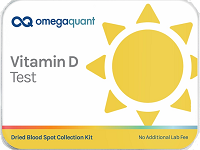
OmegaQuant Vitamin D Test Kit
$69.95Maximum quantity exceededMinimum purchase amount of 0 is required
Supplements
-
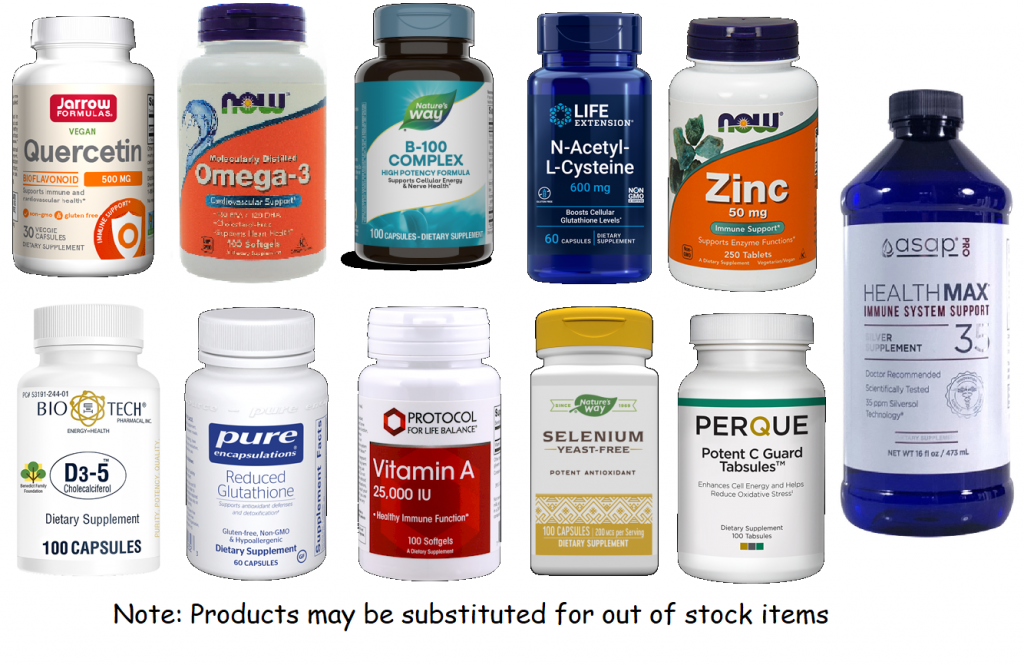
Virus, Cold & FLU Combo Package
$247.00$224.95This is a package of supplements specifically designed for Virus, Cold & FLU Support.Maximum quantity exceededMinimum purchase amount of 0 is requiredVirus, Cold & FLU Combo Package
$247.00 $224.95Successfully Added to your Shopping CartAdding to Cart...
-
←→
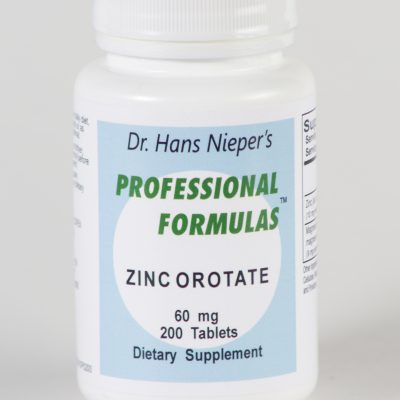
Zinc Orotate
Supplements, Mineral Supplements, Immune System Supplements, Immune System Solutions, Heart Solutions, Hormone Solutions, Digestive Aids, Bone Solutions$10.40Successfully Added to your Shopping CartAdding to Cart... -
←→
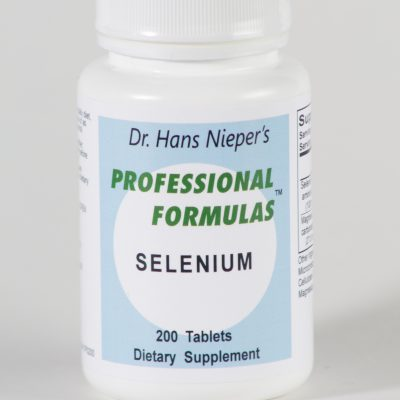
Selenium
Supplements, Mineral Supplements, Immune System Supplements, Heart Solutions, Immune System Solutions, Hormone Solutions$13.10Successfully Added to your Shopping CartAdding to Cart... -
←→
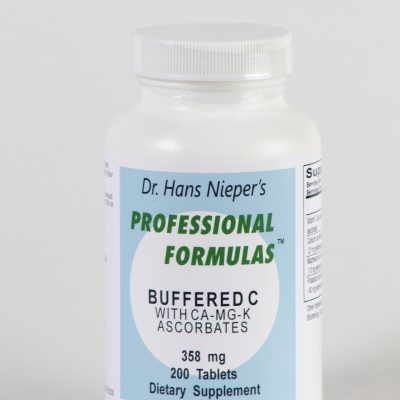
Buffered C with Calcium, Magnesium & Potassium
Supplements, Vitamin Supplements, Immune System Supplements, Skin Solutions, Constipation Solutions, Cancer Solutions$11.70Successfully Added to your Shopping CartAdding to Cart... -
←→
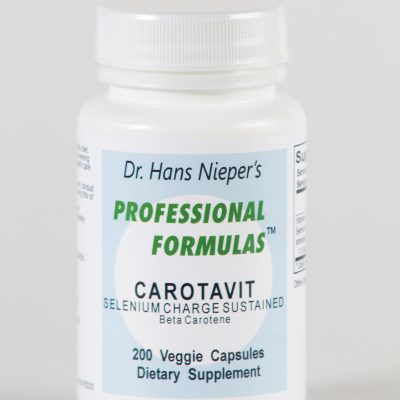
Carotavit with Selenium Charge Sustained
$23.40Successfully Added to your Shopping CartAdding to Cart...

